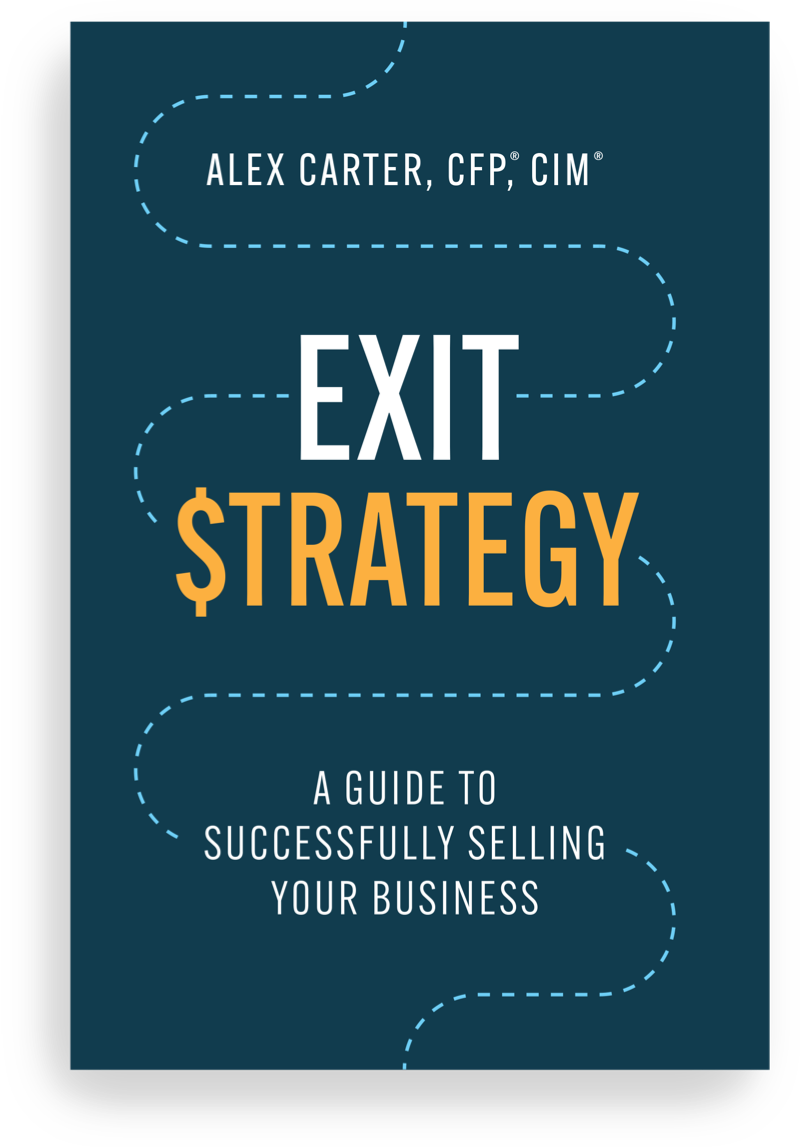People, by their nature, are biased. Another way of saying this is that everyone tends to preference some things over others, sometimes unfairly. Perhaps you’re biased towards one sports team. Or maybe you’d rather listen to jazz than the blues. Not all biases have serious repercussions.
In the field of investing, however, there’s an increasing recognition that certain cognitive biases can harm the performance of your portfolio over time. These biases are often dispositions we’re not even conscious of having. They are the traits beneath the surface that guide our actions.
Let’s take a look at some common investing biases and why they should be avoided:
Recency Bias: This bias involves using the most recent past to guide investing decisions. For instance, if a market crash occurs, many investors will stay out of equities for a while, because they expect what just happened to repeat itself. It’s the same reason that many people chase stocks that have already gone up a lot, assuming that the outperformance will naturally continue. The risk here is that the recent past isn’t always prologue. What just happened may not happen again for a long time (just ask anyone who got out of stocks in a panic during the financial crisis).
Loss Aversion: this bias is well summed-up by a U.S. financial journalist: “People often feel the pain of loss more than the joy of gains”. There is actually academic research backing up this sentiment. Investors are far more preoccupied with years in which they lost money vs. years in which their portfolio rose in value. This has important implications for individual investors: while taking too much risk is a well-known error, not taking enough calculated risks can also weigh on your portfolio (see our earlier post “Risks Worth Taking” for more on this subject).
Survivorship Bias: Many people have seen The Big Short, the movie which chronicled some of the mavericks who bet against the U.S. housing market and made a fortune when the bubble burst. The film is wonderful, but it also serves to highlight something called Survivorship Bias, where we tend to only focus on those who did well by taking certain actions. In doing so, we ignore the many who gambled in a similar fashion and lost. For example, there were a large number of investors who bet, years too early, against the U.S. housing market. Because their timing was off, they didn’t ‘survive’ to be lionized by a bestselling book and Hollywood movie.
Home Bias: As the name suggests, this bias involves sticking close to home when it comes to investments. It’s a variation of the phrase “invest in what you know”. And the problem is, by only staying at home, some investors miss out on the diversification benefits provided by international exposure (see our post “There’s More to Investing Than Canada”).
Confirmation Bias: Famed investor George Soros has said that when he owns an investment, he looks for all the reasons he might be wrong. This is actually quite a rare character trait among investors. As a general rule, investors, probably without realizing it, look for information that supports their current market positions. So, let’s say a person believes oil will go up. Rather than being objective and keeping an eye out for bearish oil market news, they will probably focus on developments which seem to ‘confirm’ what they already believe to be true. This is an incredibly risky bias to have, because an investor can become blinded to risks in their portfolio.
Why We Should Be Aware of Biases
The more aware investors are of their own possible biases, the easier it is to correct potentially damaging behavioural patterns. The more truly dispassionate investors can be about their finances, the better off they will be in the long term.
Sources: 7 Behavioral Biases That May Hurt Your Investments, U.S. News and World Report: https://money.usnews.com/money/personal-finance/mutual-funds/articles/2015/05/26/7-behavioral-biases-that-may-hurt-your-investments
Three Behavioral Biases That Can Affect Your Investment Performance, CFA Institute:



